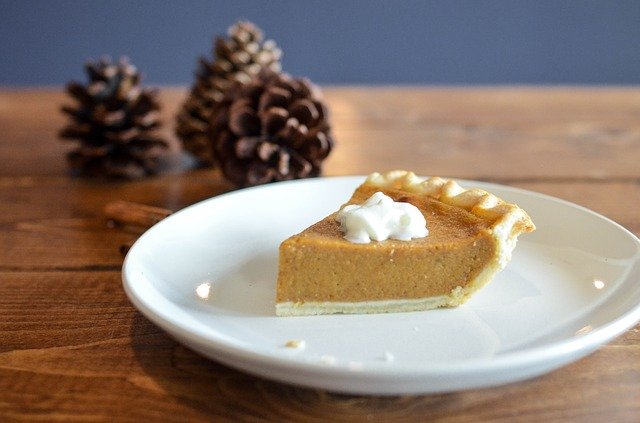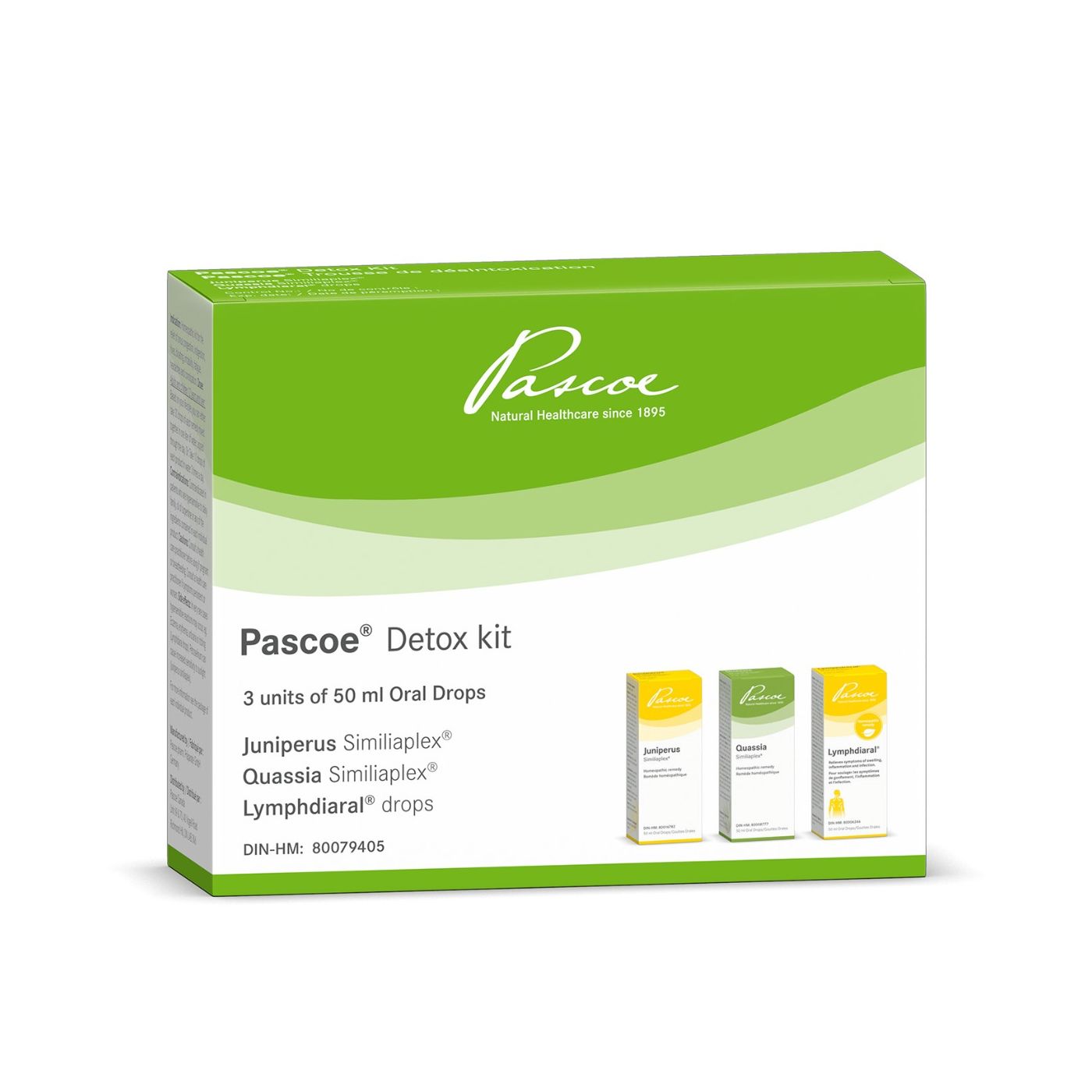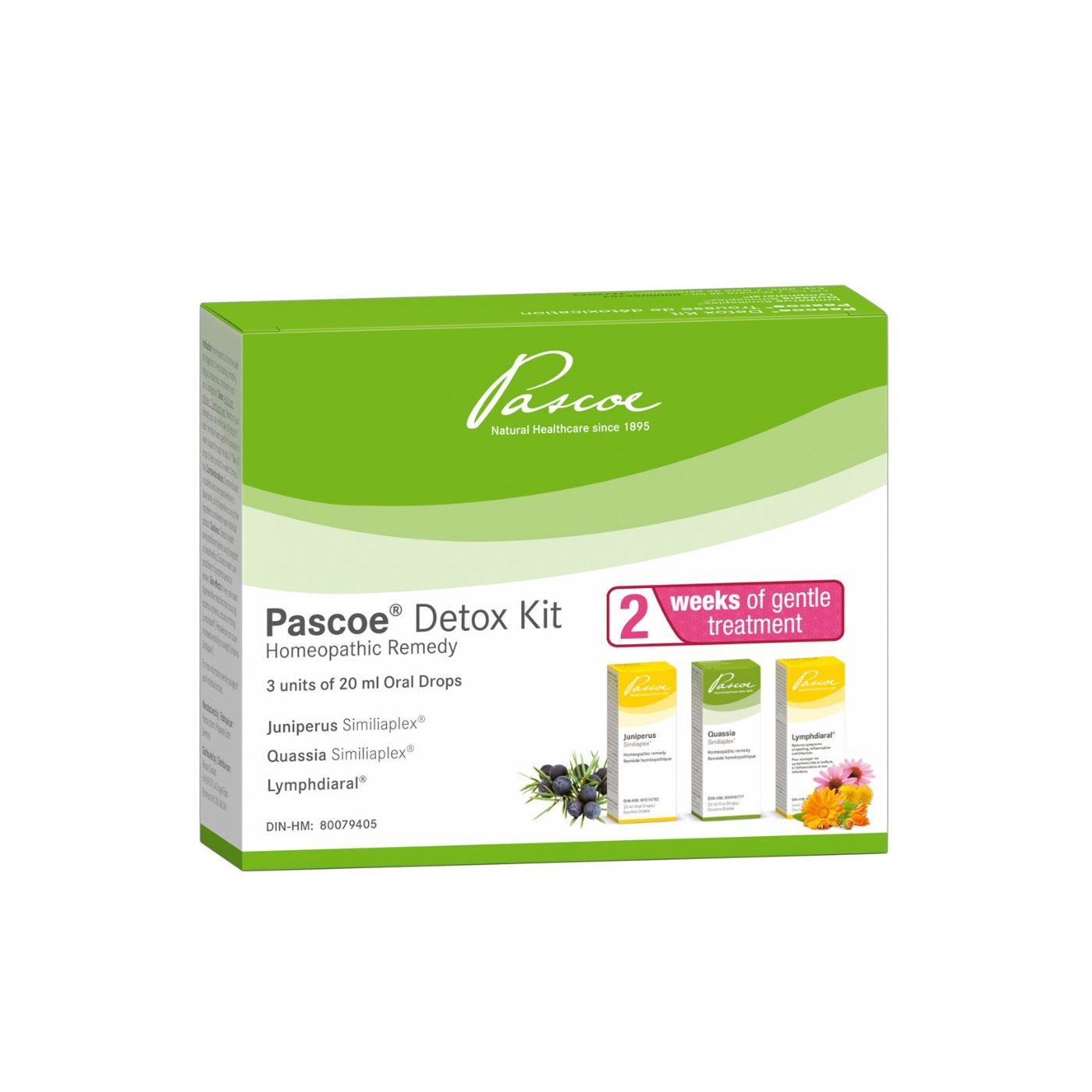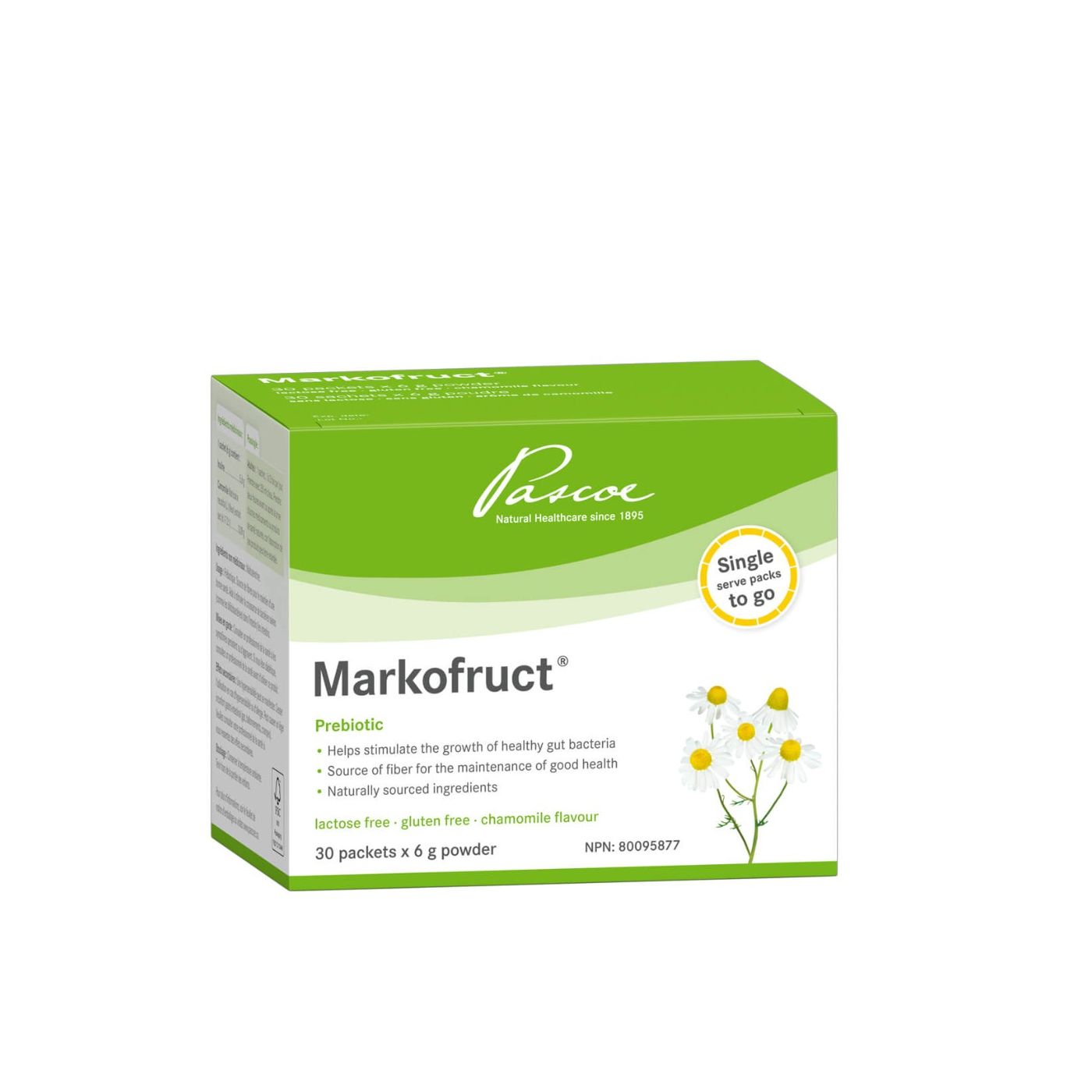Thanksgiving Recovery: Beat The Bloat
Thanksgiving is a time to celebrate and connect with family and close friends.
While the holiday may look different this year due to COVID-19 restrictions, the one surefire thing for many is the dreaded post-holiday bloat. If you are one of the few who can restrain yourself from reaching for a heaping pile of mashed potatoes or an extra slice of pumpkin pie - congratulations. For the rest of us, there are strategies to navigate the symptoms of overindulging such as bloating, stomach pain, and acid reflux.
Abdominal bloating and flatulence are uncomfortable symptoms that can cast a shadow over an enjoyable time. The bloated pressure and pain in your abdomen, and the feeling of lethargy that comes with it can leave you wondering if something is really wrong. While the cause of bloating can differ for everyone, the effect is usually the same - excess gas in the digestive tract.
What Causes Bloating?
There are many possible reasons you might feel bloated and gassy. Common causes of bloating include:
- Over-eating and eating too quickly
- Carbonated drinks and alcohol
- FODMAP foods
- Fatty foods and too much sodium
- Sugar alcohols and artificial sweeteners
- Inactivity
- Food intolerances (lactose intolerances and gluten intolerances)
- Celiac disease, irritable bowel syndrome, or another bowel disease
- Smoking
- Constipation


Knowing the potential causes of your bloated stomach will help you take steps to prevent digestive disturbances in the first place or bring relief.
Step 1: Pre Feast
Considering skipping breakfast and lunch to save room for the big meal? Bad idea. Not only will you show up starving, you will end up overeating and be left with symptoms of abdominal pain and bloating. Instead, eat smaller and lighter meals throughout the day. Fuel up with certain foods that are high-fiber and that your body knows.
Step 2: During Dinner
Have a game plan prepared for when you are standing in front of the buffet style feast table. As exciting as the mass assortment of delicious food is, bloaters need to focus on things they really enjoy. Choosing four or five items with appropriate portion sizes will help keep the bloated belly at bay. Fill most your plate with veggies first and low FODMAP diet foods. If you typically follow a certain diet that is gluten-free, vegan, avoids dairy products or fructans, it may be easy to throw caution to the wind. Especially if you're not the host. This can really disrupt your GI tract and cause bloating. The high-fat butter bread roll may smell delicious, but if you're gluten-free, it's best to try and stick to your regular routine. You're gut will thank you. And don't forget what you're filling your glass with. Champagne or a fizzy drink with a Thanksgiving dinner may be a classic for some, but the bubbles are gas producing and can really bloat you.
Step 3: Post Dinner Recovery
If you skipped step 1 and 2 and are looking for damage control for distension and stomach bloating, not to fret, there's things you can do.
Get up and move: You may feel tempted to slip into a bloated food coma in front of the football game, but resist! Go for a walk around the block, light exercise helps to stimulate peristalsis and digestion. If physical activity is not already part of your daily routine, this could be a great addition to your lifestyle change.
Hydration is key: The next day you may still feel lethargic and have belly bloat. Flush out the excess sodium that causes water retention and indigestion. Hydration cannot be stressed enough if your feeling bloated.
Try an over-the-counter digestive enzyme: For intestinal gas and bloating, Beano or Gas-X contain the active ingredients simethicone and alpha galactosidase. This will help to reduce gassiness and gas-related symptoms following a meal rich in fermentable carbohydrates.


Prebiotics and Probiotics: You're gut bacteria and digestive system may benefit from these dietary supplements. A prebiotic feeds bacterium and promotes the growth of healthy bacterium in your bowel and both large and small intestines. This can help reduce bloating and regulate stool and bowel movements. Prebiotics also help to relieve digestive complaints, such as too much gas causing abdominal distension.
Maybe it's time for a detox: You're body is pretty good a getting back on track on its own. To speed the process up and get rid of fatigue, digestive problems, headaches and constipation, a cellular detox may be what you need. Cellular cleansing is designed to remove the build-up of harmful toxins from the body where they are causing the problem: at the cellular level.
Pascoe's Award-Winning Detox Kit of 2019
Pascoe's homeopathic detox kit is made from plant-based naturally sourced medicinal ingredients. The detox is gentle and easy to use, just add to water and sip. Pascoe's Detox Kit supports all aspects of detoxification: the lymphatic system to transport toxins, the liver to detoxify them, and the kidney and intestinal tract for elimination from the body. The kit provides relief of symptoms such as:
- Bloating
- Constipation
- Headaches
- Indigestion
- Fatigue
- Irritability
- Sinus congestion
- Hives
If your symptoms of bloating worsen or you have a pre-existing medical condition, such as liver disease, stomach cancer, or celiac disease, consult a gastroenterologist before taking any medications or natural remedies.






